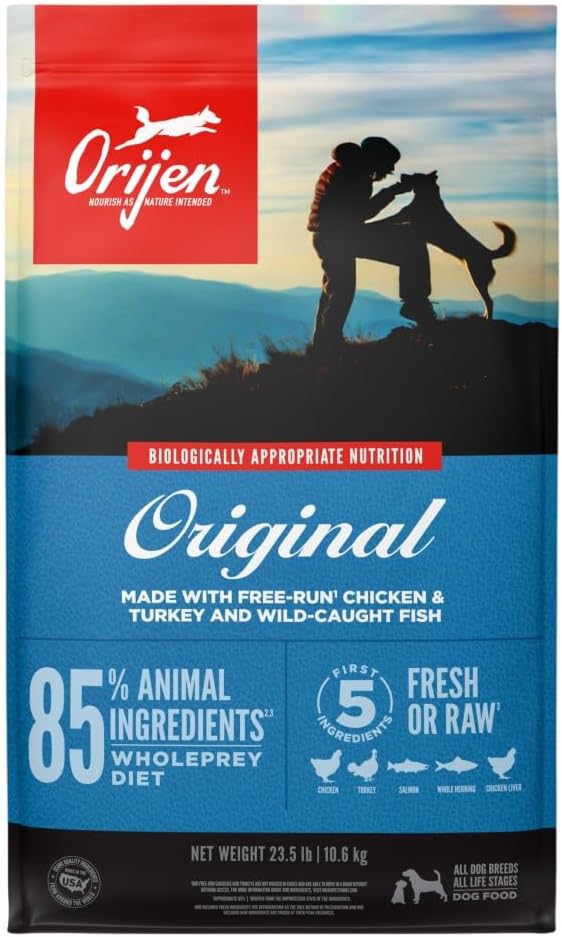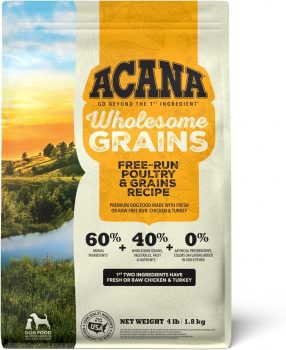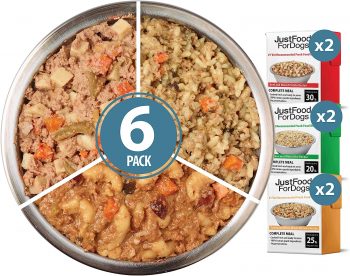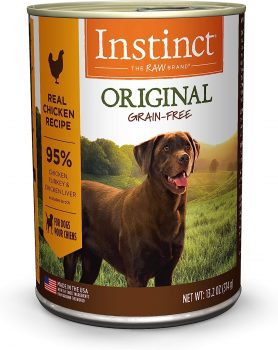Feeding your Samoyed correctly is critical for maintaining their health and vitality. These energetic dogs, originally bred for herding and pulling sleds, have a metabolism that can be quite different from other breeds, which affects their dietary needs. The right amount of food for a Samoyed will depend on various factors, including age, weight, and activity level. In addition to determining the right quantity, it’s also important to consider the quality of their food and its caloric density.
1. Understanding Samoyed Nutritional Needs
Samoyeds require a balanced diet that includes a good mix of protein, carbohydrates, fats, vitamins, and minerals. Protein is crucial for muscle maintenance, fats for energy, and carbohydrates for digestive health and energy. Their diet also needs to be rich in omega fatty acids to maintain their beautiful coat.
2. Assessing Your Samoyed’s Body Condition
To determine the right food amount, you must be able to assess your dog’s body condition score. This score is a visual and palpable evaluation of the amount of fat on your dog’s body. Your vet can help you understand how to do this, and it will guide you in adjusting your dog’s diet to maintain the ideal weight.
3. Puppy vs. Adult Samoyed Feeding Guidelines
Samoyed puppies, with their rapid growth, require more calories per pound of body weight than adults. They typically need to be fed more often with specially formulated puppy food. As they transition to adulthood, their calorie needs decrease, and feeding schedules can be adjusted to fewer times per day.
4. Calculating the Right Amount of Food
The amount of food a Samoyed needs can vary greatly. For example, an average adult Samoyed weighing about 50 pounds may need anywhere from 2 to 3 cups of dry dog food per day, divided into two meals. However, this is a general guideline, and individual needs can vary. It’s essential to consult the feeding chart on your dog food’s packaging and adjust as necessary based on your dog’s condition and activity level.
5. The Role of Exercise in Feeding
An active Samoyed may require more food due to their higher energy expenditure. Conversely, a more sedentary dog or one that is prone to weight gain may need less. It’s essential to strike the right balance between food intake and exercise to avoid obesity or malnutrition.
6. Special Dietary Considerations for Samoyeds
Samoyeds are prone to certain genetic conditions, such as diabetes and hip dysplasia, which can be managed with diet. Some may require lower-fat diets, while others may need joint support supplements. Consult with your veterinarian for a tailored diet plan if your Samoyed has health issues.
7. Feeding Samoyeds for Optimal Coat Health
Samoyeds are known for their thick, white coats that require nutrients like omega-3 and omega-6 fatty acids to stay healthy. Ensure that the food you choose promotes coat health, and consider adding supplements if needed.
8. Treats and Snacks: How Much is Too Much?
While treats are an essential tool for training and bonding, they should be given sparingly. Treats should make up no more than 10% of your Samoyed’s daily caloric intake to avoid weight gain and nutritional imbalance.
9. The Impact of Spaying/Neutering on Diet
Spaying or neutering can affect your Samoyed’s metabolism, leading to a risk of weight gain. After these procedures, it’s often recommended to slightly reduce food intake and monitor weight closely to adjust the diet accordingly.
10. Estimating the Monthly Cost of Feeding a Samoyed
The monthly cost of feeding a Samoyed will vary based on the type and quality of food you choose. On average, feeding a Samoyed mid-range quality food can cost between $40 and $80 per month. This can increase if you opt for premium or prescription diets.
Our 5 Top Foods for Samoyeds
The diets were selected by our founder Justin Palmer, a certified canine nutrition expert, specifically with Samoyeds in mind:
| Food | Pros | Cons |
|---|---|---|
|
|
|
|

Check Today's Price on: |
|
|

Check Today's Price on: |
|
|

Check Today's Price on: |
|
|

Check Today's Price on: |
|
|
Conclusion
Feeding your Samoyed the proper amount of a well-balanced diet is key to their overall health and happiness. Regular check-ins with your vet, careful observation, and adjustments to their diet will ensure that your Samoyed remains in peak condition throughout their life. Always remember that the joy of a healthy dog starts with what’s in their food bowl.
Frequently Asked Questions About Feeding a Samoyed

1. How many times a day should I feed my adult Samoyed?
Adult Samoyeds should be fed twice a day—once in the morning and once in the evening—to maintain their blood sugar levels and prevent bloat, which the breed can be prone to. Puppies, on the other hand, may require three to four smaller meals spread throughout the day due to their higher energy needs and smaller stomach capacity.
2. Can Samoyeds eat a grain-free diet?
Samoyeds can eat a grain-free diet as long as it provides the necessary nutrients they require. However, it’s important to choose a high-quality grain-free food that’s well-balanced. Recent studies have shown a correlation between grain-free diets and heart disease in dogs, so it’s best to discuss this with your vet.
3. How much food should I feed my Samoyed puppy?
The amount of food for a Samoyed puppy can vary widely depending on their age and size. Generally, they should be fed according to the guidelines provided by the food manufacturer, adjusted for the puppy’s growth and activity level. Your veterinarian can provide specific guidance tailored to your puppy’s needs.
4. Are there any foods I should avoid feeding my Samoyed?
Avoid feeding your Samoyed foods that are toxic to dogs, such as chocolate, grapes, onions, garlic, and xylitol, a sweetener found in some sugar-free products. It’s also best to steer clear of high-fat and fried foods, which can lead to pancreatitis and other health issues in Samoyeds.
5. How can I tell if I’m feeding my Samoyed enough?
To determine if you’re feeding your Samoyed enough, monitor their body condition and weight. You should be able to feel their ribs without a thick layer of fat and see a waist when looking at them from above. Consistent check-ups with your veterinarian can also help ensure your Samoyed is maintaining a healthy weight.
6. Should I feed my Samoyed dry kibble, wet food, or a raw diet?
The choice between dry kibble, wet food, or a raw diet for your Samoyed depends on several factors, including your dog’s health, preference, and lifestyle. Dry kibble is convenient and helps with dental health, while wet food can be more palatable and hydrating. A raw diet, often advocated for its natural approach, should be undertaken with guidance from a vet to ensure it’s balanced.
7. Do Samoyeds need any supplements in their diet?
Some Samoyeds may benefit from supplements such as omega fatty acids for coat health, glucosamine for joints, and probiotics for gut health. However, supplements should not replace a well-balanced diet and should be discussed with your vet before adding them to your dog’s regimen.
8. What is the best way to transition my Samoyed to a new food?
Transition your Samoyed to new food gradually over the course of a week, mixing the new food with the old in increasing amounts. This helps prevent digestive upset and allows your dog to adjust to the taste and texture of the new food without causing stress or rejection.
9. How do the nutritional needs of a senior Samoyed differ from a younger one?
Senior Samoyeds often require fewer calories due to decreased activity levels but may need more protein to maintain muscle mass. They might also benefit from diets enriched with specific nutrients to support joint health and manage age-related issues. It’s crucial to tailor their diet based on individual health concerns and energy requirements.
10. Can I give human food to my Samoyed as treats?
While it’s safe to give certain human foods to Samoyeds as treats, such as carrots, green beans, and lean meats, they should be given in moderation and constitute no more than 10% of their total diet. Always avoid foods that are toxic to dogs and consult with your vet if you’re unsure about a specific food item.
 Check Today's Price on:
Check Today's Price on: Toledo, United States.
Toledo, United States.